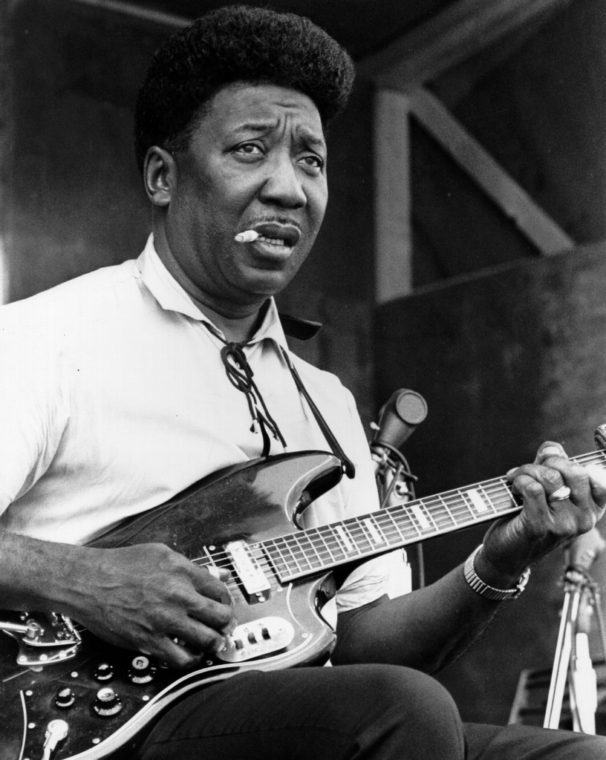
A friend recently asked me why I meditate.
In recent years, science has gathered a shit ton of evidence about its positive effects. Increased focus, lower blood pressure, reduced stress, chronic pain reduction and increased feelings of ‘happiness’ are just a few of the published benefits.
My answer didn’t include any of those, though I have experienced each first hand.
‘To get comfortable with the uncomfortable and appreciate beauty in the mundane” was my response.
Her quizzical look told me she was thinking “WTF does that mean?”
Viktor Frankl, an Austrian neurologist, psychiatrist and Holocaust survivor summed it up in Man’s Search For Meaning, “Between stimulus and response there is a space. In that space is our power to choose our response. In our response lies our growth and our freedom.”. He also said “Everything can be taken from a man but one thing: the last of the human freedoms—to choose one’s attitude in any given set of circumstances, to choose one’s own way.”
In other words, “Happiness doesn’t depend on who you are or what you have. It depends on what you think.”
Meditation can teach you be an observer of your thoughts instead of your thoughts themselves.
Human evolution is a chemical soup that’s been simmering for a billion years. We’re subject to infinite streams of conscious and unconscious thought, over which we have zero control. If you think you have any ability whatsoever to control your thoughts, imagine this scenario. A genie appears and says he will grant you Bill Gates’s ATM password, Tom Brady’s ability to throw a football and Jason Momoa’s body if you can perform one simple task.
Sit still for 10 minutes without thinking about a monkey peeling a banana.
If you’re like 100% of the humans reading this, you will have made it roughly 7 seconds before picturing Curious George holding a yellow, phallic shaped fruit.
Beyond lacking the ability to control what careens into our mind moment to moment, most of us spend the majority of our waking hours trapped in endless patterns of thought. Generally, these involve incessant rumination on the past, speculating about an imagined future or seeking temporary distraction from both.
You can literally spend your whole life imagining ghosts of the past, worrying about what might happen later or numbing yourself with food, sex, alcohol, relationships, social media, politics, consumerism or your personally resonant drug of choice.
But all there will ever really be, is what’s happening here. Right now.
The mind is a lot like a jar of murky water. Constant agitation and movement of the jar causes the water to remain cloudy. When you can keep the jar still for long enough, the sediment will settle to the bottom and you will have a jar of clear water.
Meditation trains the mind to be an observer of thought. It allows us to create a pause between any given thought, allowing the potential to choose our reaction or non-reaction to them. It allows us the power to watch thoughts enter and exit our mind, like images on a movie screen, without attaching meaning or responding in a habitually reactive way. To get closer to having a jar of clear water.
Creating this space, to pause and react mindfully to all thoughts, emotions and happenings, allows you the potential to do something different today than you did yesterday.

You can approach doing the dishes as an opportunity to take pride in a simple, dignified job well done, instead of a tedious chore. You can experience a winter snowstorm as a personal connection with the power of nature, instead of complaining about the loss of your wifi signal. You can view physical exercise as a lens for you to connect with being uncomfortable, instead of something you’d simply rather avoid.
Creating space to choose your response and appreciate the moment by moment gifts we have been given.
Those are the reasons I meditate.

